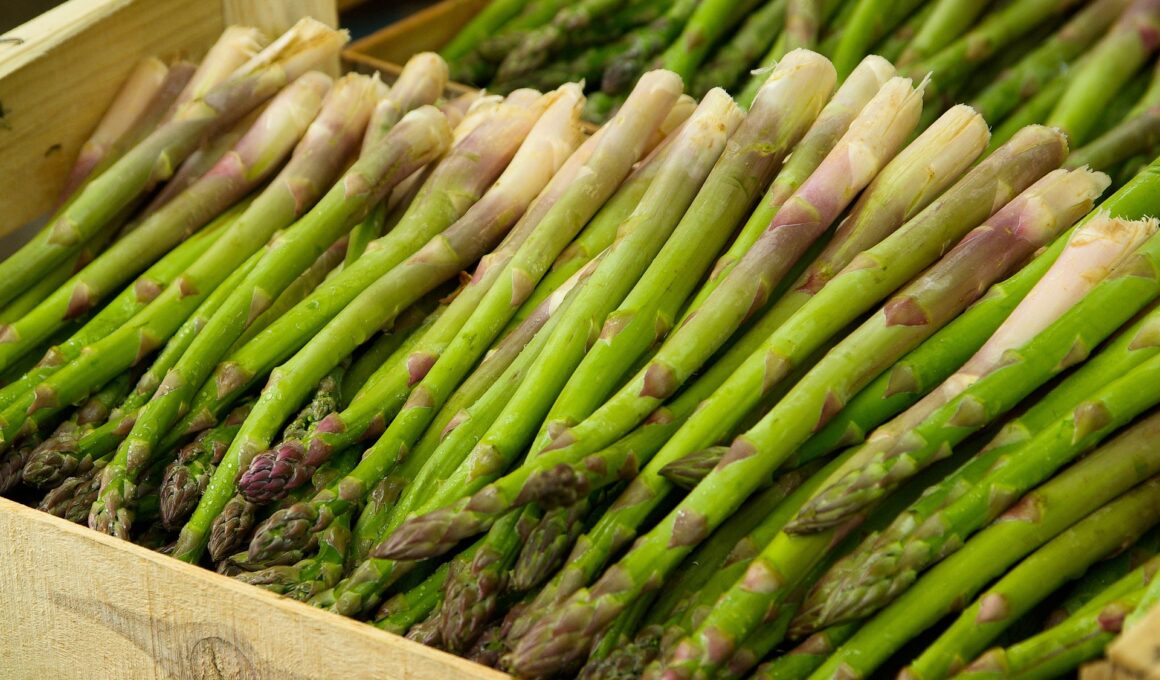The raw food diet is a diet that requires little explanation as the clue is very much in the title. As you have probably already guessed, this diet – also called ‘rawism’ – involves the consumption of solely uncooked foods for a number of alleged health benefits. But does it work? And is it worth it?
The Theory
A few high profile figures have recommended the raw food diet and it could be seen as the natural evolution of the ‘Paleo Diet’. Essentially, the idea is that because we evolved in a time before cooking, it makes sense to leave cooking out of what we eat. By this reasoning, the same goes for processed foods and so those are out too. In turn, the hope is that you will lose weight, feel more energetic and generally be healthier.
Another bit of reasoning behind this diet is that cooking causes food to lose some of its nutritional value. They say that heating foods destroy natural enzymes preventing us from properly utilising the protein therein. They also believe that raw foods contain beneficial bacteria that can aid desirable gut flora, and that cooked and processed foods contain harmful toxins.
The Reality of a Raw Food Diet
At this point you are probably wandering how a raw food diet could work, seeing as you’d likely get salmonella from all that raw chicken. A good question, and the answer is that you avoid a lot of meat in order to stick to a diet of raw food.
This will often mean sticking to a vegetarian diet for that reason, and often a vegan diet. In that way it is actually very different to the paleo diet which advocates eating large amounts of protein and saturated fat.
As you can imagine, sticking to an entirely vegan, raw-food diet is incredibly impractical and difficult. None of the food looks particularly appetising (can’t have bread – that’s processed!) and there are hardly any restaurants that will cater to your requirements. Wikipedia currently has a picture of a vegan, raw apple pie… which is basically bits of apple and nuts in a pile.
The alternative is to allow yourself to eat dairy which at least means you can eat eggs, or to include raw meats which can include things like fish and some organ-meats. Again, it’s hardly convenient or appetising. This version of the diet is known variably as the ‘raw meat diet’ or the ‘raw paleo diet’.
Raw Food Diet – The Science
So the raw food isn’t the most practical diet to stick to in the world. In fact it’s probably one of the very least helpful diets there are. But if it would turn you into Superman overnight, then chances are that you’d probably give it a chance anyway. So is this the case? The short answer is: there isn’t really a short answer…
Unfortunately studies looking into the effectiveness of raw food diets is limited, and most look instead at vegetarian diets. Which do have their own issues to be fair…
From what we do know, there are some potential benefits. In one study, it was found that eating raw vegetables was correlated with a decreased risk of cancer – slightly more so than the consumption of cooked vegetables (1). Likewise, in terms of weight-loss it’s fair to suggest that avoiding unprocessed foods would force you to avoid excessive calories resulting in fat loss.
While those benefits may be somewhat appealing though, they unfortunately are undermined somewhat by a large number of serious negatives.
Most of these negatives come as a result of malnutrition. By restricting the diet so much, many raw food diet followers aren’t able to get all the micronutrients and all the protein they need. This can result in weak bones and teeth, along with amenorrhea, becoming underweight and other problems (2 – there are more studies, but they’re not all available online).
The point to remember is that humans have been carnivorous for a long time, and before we had access to fire for cooking. In other words, before we had fire, we would have eaten antelope and other animals raw. Our lifestyles today make this impossible and so our only option is to cook our red and white meats.
Many of the theories underpinning the raw food diet are also misguided. There are enzymes that get destroyed in the cooking process for instance, but these don’t actually play any role in our digestion and are rendered inert by our bodies anyway.
Conclusions
The raw food diet is so impractical as to make this almost a moot issue. Very few people are likely to successfully stick to an entirely raw diet and even if they could, and it would take some pretty extreme health benefits to make such dedication and sacrifice worthwhile.
But that’s not to say we should ignore the benefits of eating raw food either. Eating raw vegetables has been shown to increase antioxidant effects (which is also probably partly down to the nutrient rich skins which tend to get removed in cooking). We also know that processed foods like processed grains aren’t as nutritious as the same foods without processing.
But rather than leaving out anything that isn’t cooked, a much more rational approach would be to simply add a couple of raw foods to the diet. Snack on the occasional raw carrot and you will enjoy the benefits of a raw food diet without all the inconvenience and risk.
In general, being too married to any one diet strategy is only ever likely to lead to extreme eating behaviour and a potentially imbalanced diet. Instead then, just do your own research and use the ideas from different diets that appeal to you.




